RoboGen
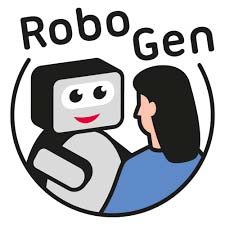
RoboGen is a 3-years project, started in 2018 funded by the FGG (FemTech project).
The goal in RoboGen is to develop a prototype with a learning agent that, through feedback from users, makes gender-sensitive options accessible to all users and thus enables gender-sensitive human-robot interaction. The beneficiaries are senior citizens of 50+ and people with chronic diseases (mainly diabetes and hypertension).
Technologically, the focus of the project is on the upcoming, low-priced social robots in a price range around € 1,000, which are also affordable for “ordinary citizens”.
SCHAUKASTEN - Sehförderung für Kleinkinder
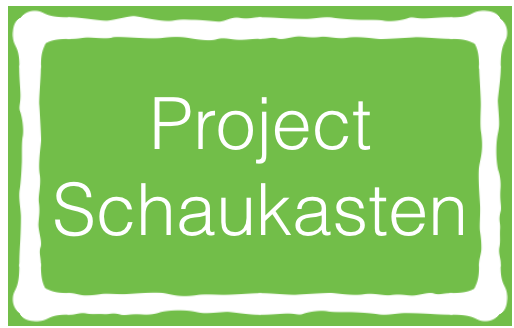
SCHAUKASTEN - Sehförderung für Kleinkinder (1.12.2016 - 31.1.2018), financed by: Hauptverband der österreichischen Sozialversicherungsträger
SCHAUKASTEN seeks to conceptualize, co-design and implement novel interactive toys that motivate young children with visual impairments to keep up with their often dull but crucially important optical exerices.
Children with distinct visual impairment shall exercise their vision as soon as possible in order not to go blind. This exercise in vision constitutes an important building block for later leading an autonomous life.
SEL4Home - Supporting children’s social-emotional learning at home
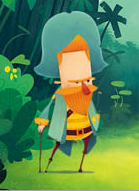
A principal challenge for existing social-emotional learning (SEL) programs is to provide reinforcement of the learnt competencies in everyday contexts and beyond the in-school lessons. SEL4Home project starts to bridge this gap by exploring how novel technologies can extend the programming into the homes of learners.
We collaborate with SEL developers and researchers at Committee for Children—the developers of Second Step, used by more than 8 millions of children in USA; as well as the VIBE group at Microsoft Research.
Shared Space
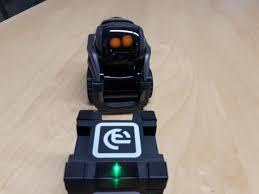
Exploring Long-Term Human-Robot Interaction: What makes people accept or reject companion robots?
SharedSpace is a 3-years project, started in 2018 funded by the FWF (Elise Richter programme). The working hypothesis of this project is that the interaction of lay people with a social companion robot (in this project the commercially available robot Anki Vector) changes over time and that its adoption and acceptance differ in terms of the socio-demographic qualities of the involved households.
SocialPlayTechnologies
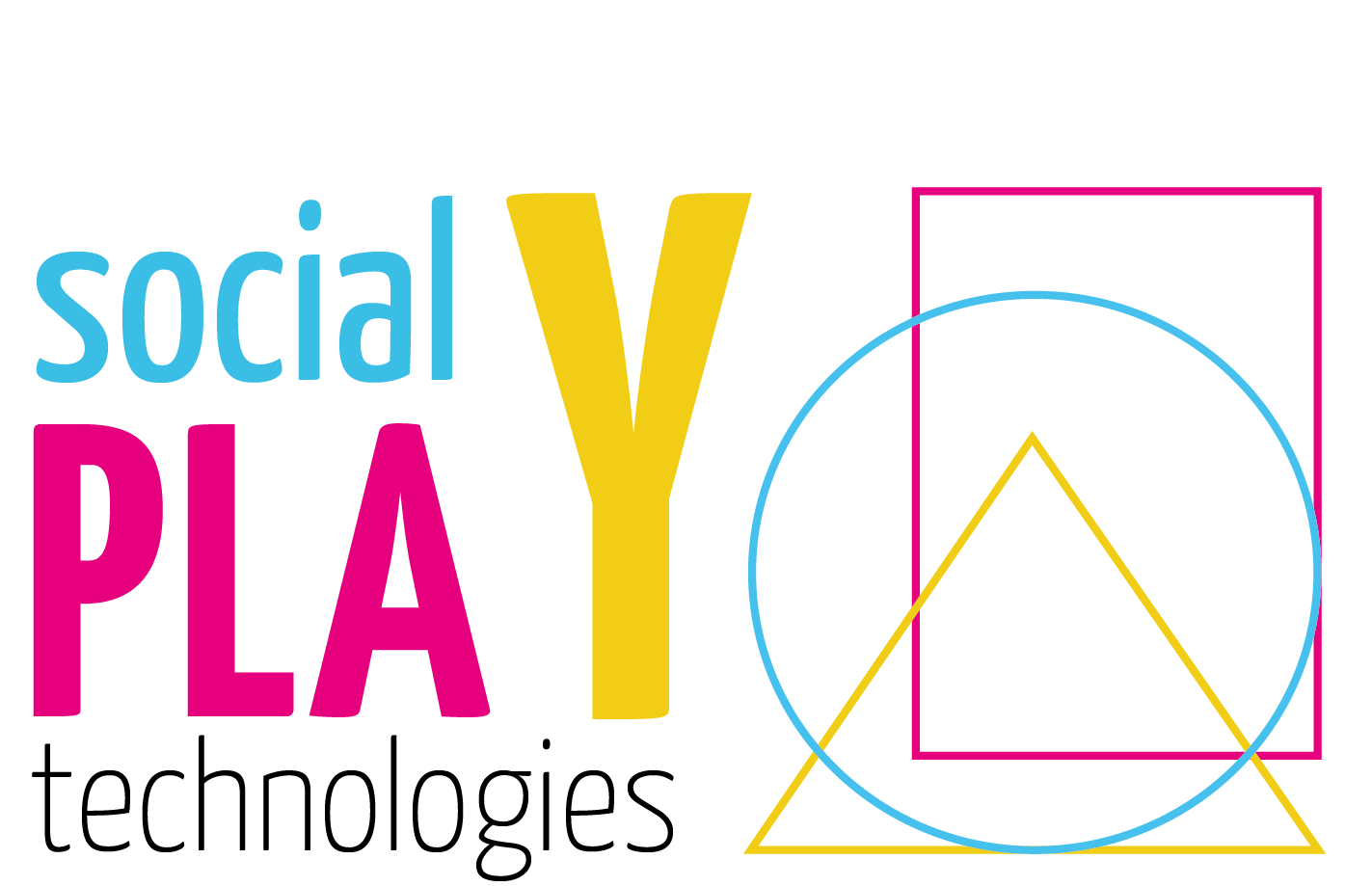
Social play is key for successful inclusion of children with disabilities and has significant impact on their wellbeing and development. Typical traits in autism, such as impaired social and communication skills and repetitive behaviours, make social play particularly challenging for children diagnosed on the spectrum, exposing them to a wide range of mental health risks. This project investigates how technology can help support social play activities in mixed, co-located groups of autistic and neuro-typical children, aged 6 to 8 years. We aim to develop smart play objects, which can intelligently react to social situations to scaffold interactive play experiences of autistic children and their typically developing peers. For such objects to be meaningful to different children, it is key to involve them actively in their design.
Sparkling Games
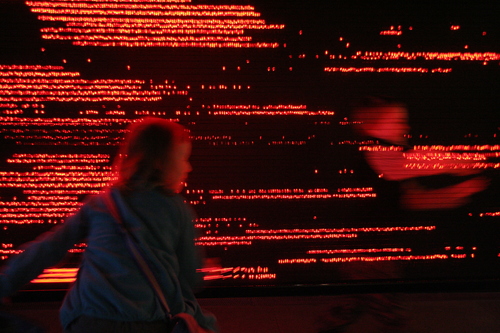
Together with secondary school students we investigate how concepts from the field of game-based learning can be used to develop learning methods and materials covering the topic informatics and society.
Project Homepage: http://www.piglab.org/sparklinggames
Team: Fares Kayali, Peter Purgathofer
Project Partners (Scientific): Gerit Götzenbrucker und Vera Schwarz (Universität Wien)
Starting with a detailed analysis of existing learning and mainstream commercial games, students step by step conceptualise and develop games and game-like materials to support teaching areas including copyright and intellectual property, privacy, surveillance, social media, and big data. The project leads to a transfer of academic skills to students, who gain expertise in the areas of game design and serious games as well as in social science research methods intended to assess and reflect on their creations.
T4ME2 Toilet4me too - Personalised toilets for active living
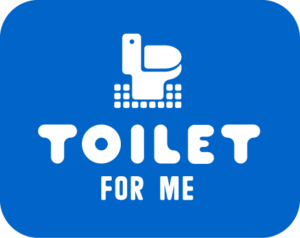
The T4ME2 project addresses older people and the needs they have when using a toilet outside home in semi-public environments (e.g. toilets located in community centres, shopping malls, museums, theatres, hotels).
Project Homepage: http://toiletforme.com/ and http://www.toilet4me-project.eu/t4me2.html
Team: Paul Panek, Peter Mayer
The short previous Toilet4me project studied the development and provision of an ICT-enhanced toilet system which is able to adapt itself to the individual needs and preferences of the older person currently using the toilet similar to the iToilet project for home use.
Teaching conflict resolution through Minecraft

Minecraft multiplayer servers allow millions of children from around the world to build, play and problem solve together in a shared virtual space. As conflicts between players are common, these online spaces offer unique opportunity to help children develop effective conflict resolution skills that would then transfer to real-world settings.
This project draws on 40 years of conflict resolution curricula in Prevention Science to develop in-game tools that embedded learning into the Minecraft gameplay. To explore this space, we collaborate with leading game researchers (Katie Salen, Mimi Ito) as well as SEL developers at Committee for Children (the developers of Second Step, used by more than 8 millions of children in USA).
TEAM - Technology Enabled Mental Health for Young People

TEAM (Technology Enabled Mental Health for Young People), is a 4-year Innovation Training Network (ITN), funded by the European Union’s Horizon 2020 programme under the Marie Skłodowska-Curie actions initiative. There has been considerable research and many commercial products for improving physical health. However, the use of technology to support mental health lags far behind. The aim of the training network is to deliver new applications and technologies that support rapid, large-scale early assessment, prevention and treatment of mental health issues in young people.
The Got-IT Project
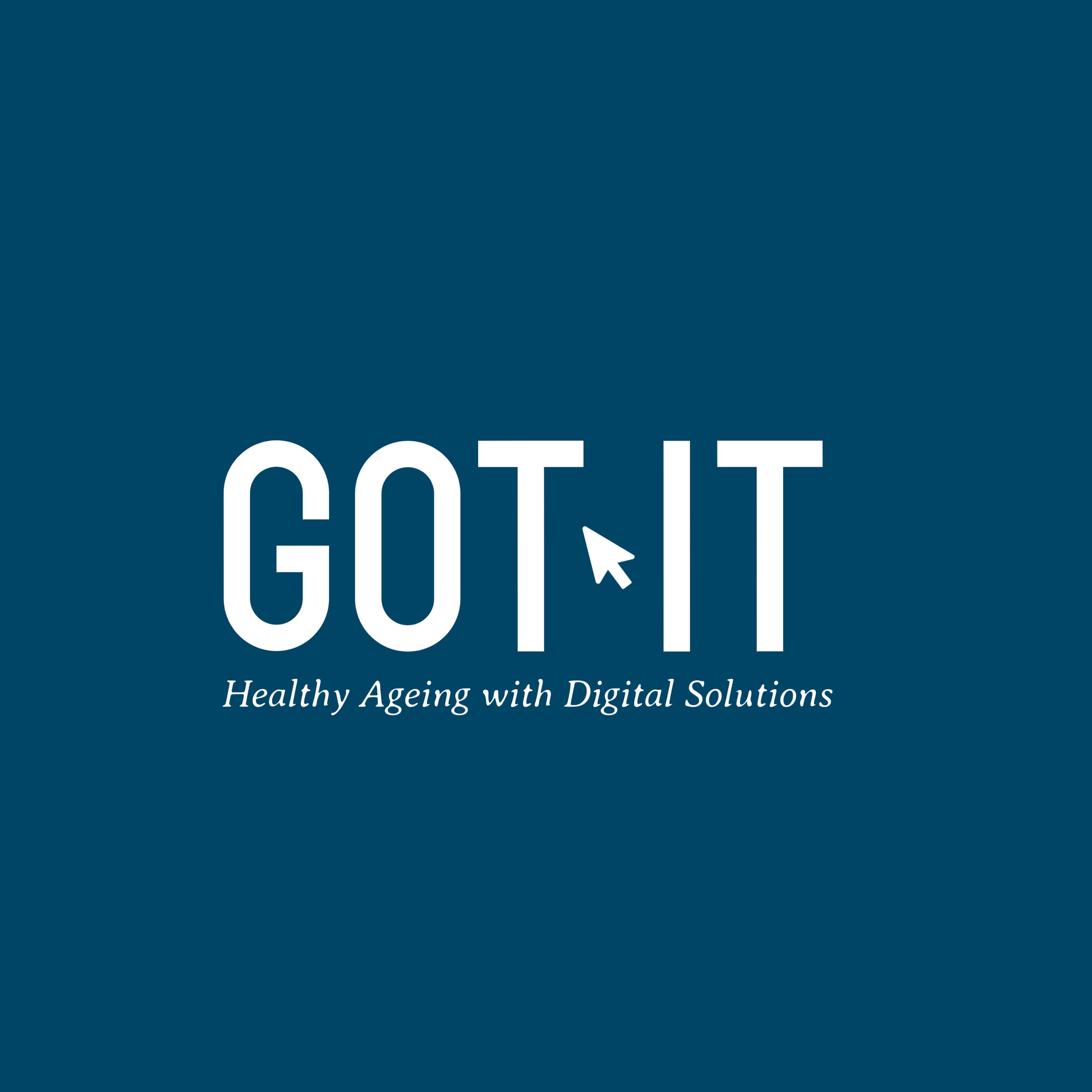
Got-IT will deliver an online toolkit to assist the design of inclusive eHealth solutions targeting the promotion of healthy lifestyles among older adults with low eHealth literacy, promoting citizen empowerment and contributing to the fight against health disparities in Europe.
The creation of the toolkit will be performed in continuous collaboration with the end-users of the eHealth solutions (underprivileged older adults) and the end-users of the toolkit (eHealth developers). A strategy targeting sustainable engagement of end-users of the toolkit will aim at community building beyond the end of the project.